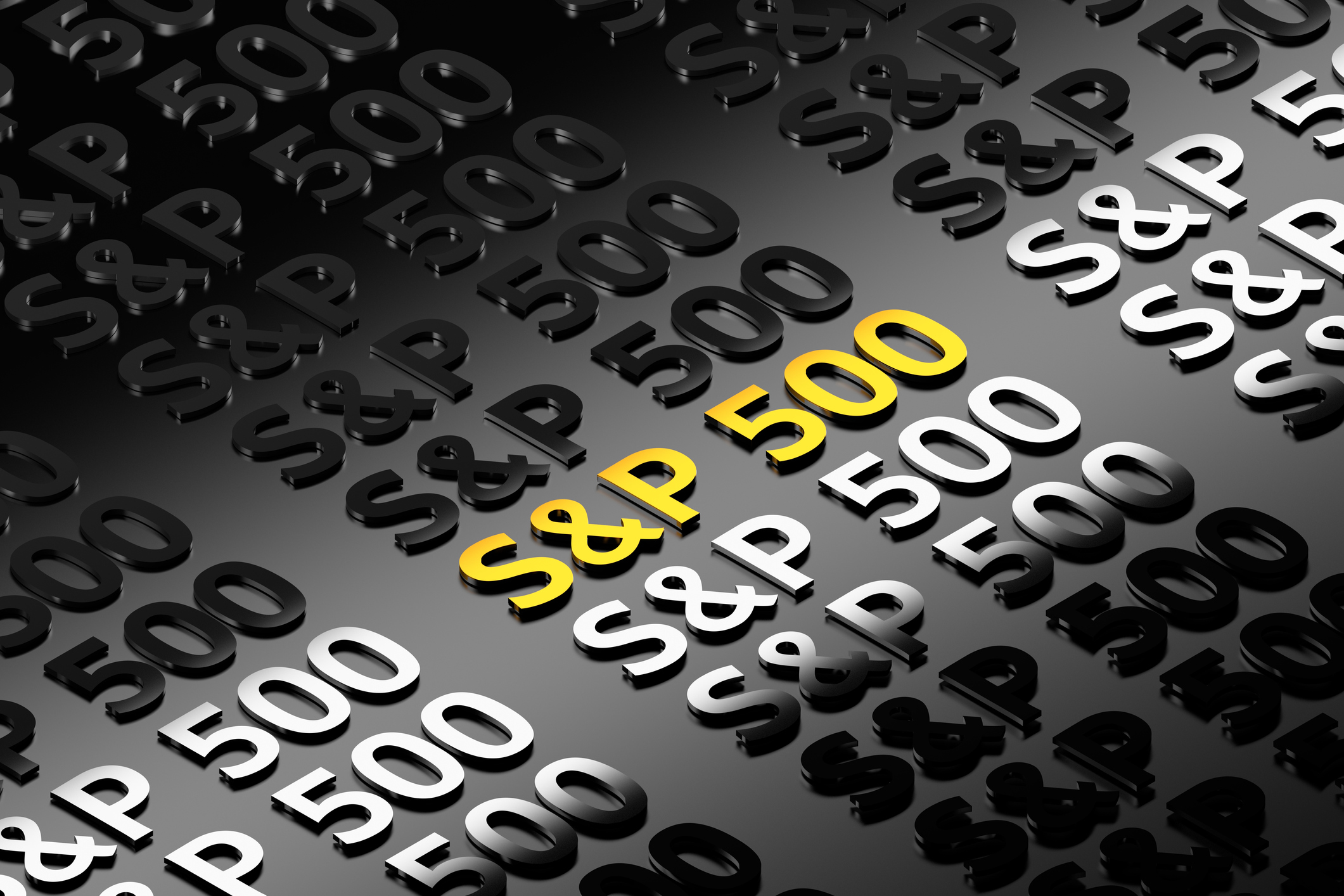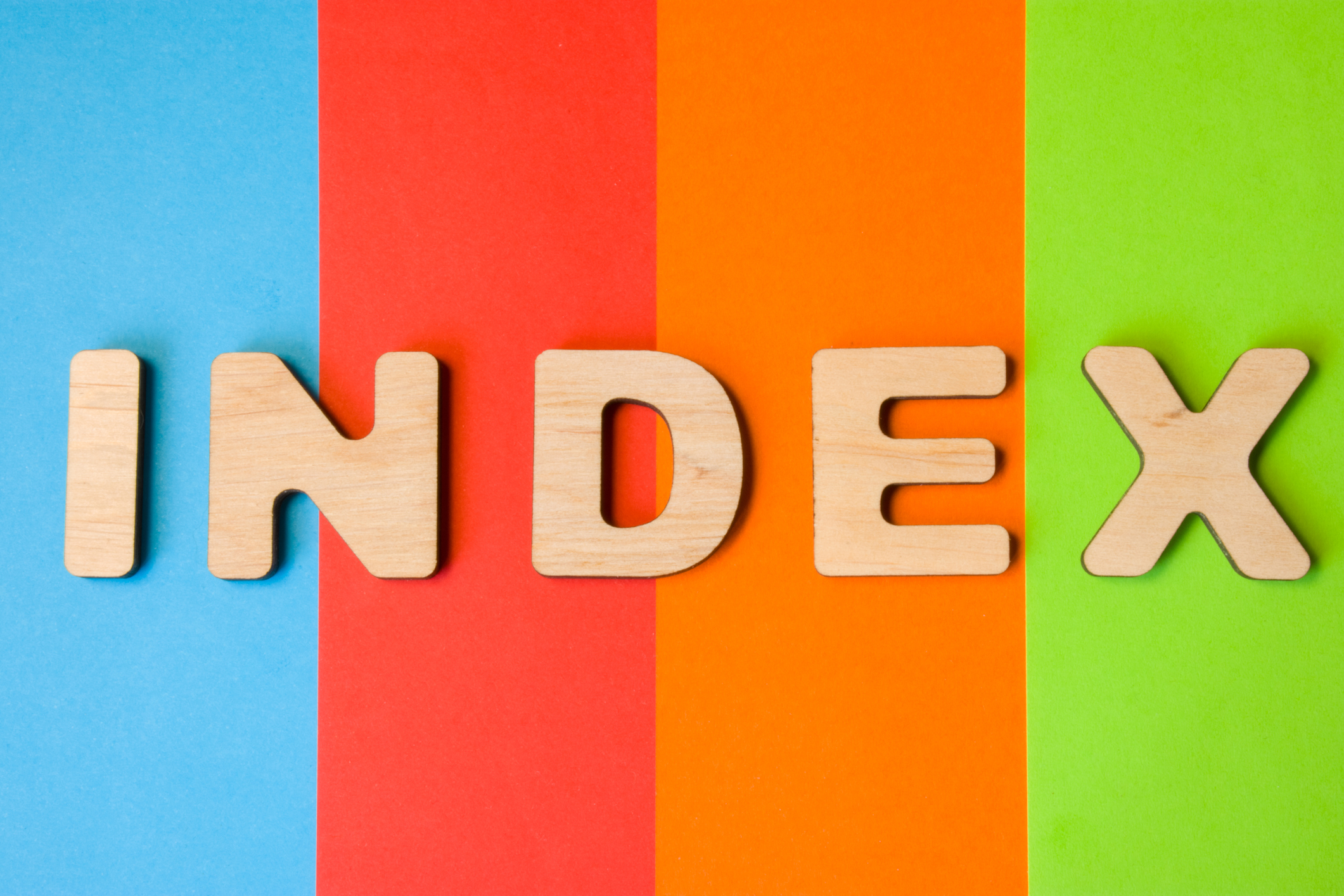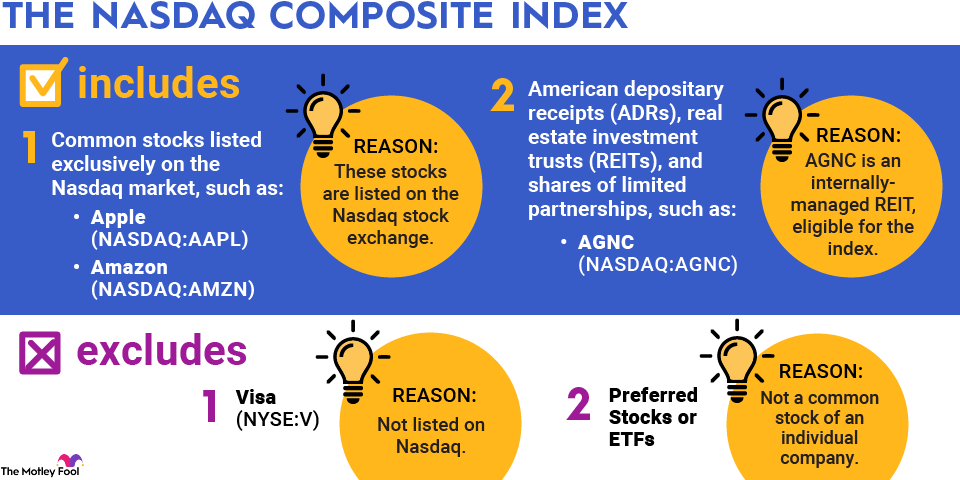While the Dow Jones Industrial Average (^DJI +0.60%) and S&P 500 (^GSPC +0.32%) get most of the headline attention, it's important for investors to understand there are many different stock indexes. Of the most popular indexes, one that doesn't track large companies, is the Russell 2000 index, widely considered the benchmark for smaller U.S. stocks.
With that in mind, here's a rundown of what investors should know about the Russell 2000 index, how it works, and whether it could be a smart investment choice.
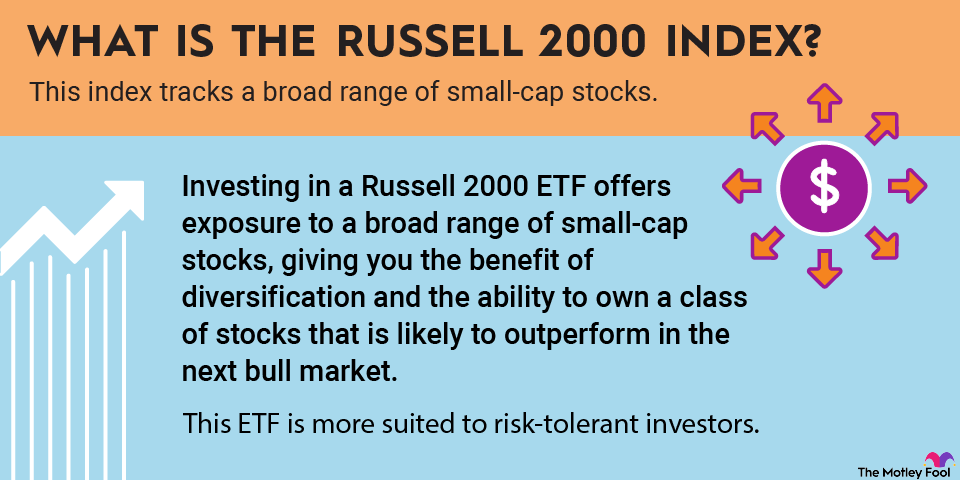
What is the Russell 2000 index?
The Russell 2000 index, sometimes abbreviated Russell 2K, is the most widely used index of small-cap stocks, or those with a relatively small market capitalization. There are no hard-and-fast rules for when a stock is a small cap.
The key point here is that there's a broad market index known as the Russell 3000. It is divided into two smaller ones: the Russell 1000, which accounts for the 1,000 largest companies, and the Russell 2000, which accounts for the remaining two-thirds.
The largest company in the Russell 2000 has a market cap of roughly $107 billion; the average market cap of companies in the index is roughly $4.5 billion.
The Russell 2000 is a market cap-weighted index, as are the majority of popular stock indexes -- the Dow Jones Industrial Average being the main exception. This means that the 2,000 companies that comprise the index don't contribute equally to its performance. Larger companies have a proportionally greater impact than smaller ones.
How does the Russell 2000 index work?
The Russell 2000 is designed to provide the best indicator of the performance of small-cap U.S. stocks. To keep up to date on these stocks, the Russell 2000 is reconstituted annually to ensure that the companies in it represent the small-cap universe.
In simple terms, if a company grows too large, it will be removed from the Russell 2000. In turn, it will likely be placed in the Russell 1000, which is designed to be a barometer of large-cap stocks' performances.
As an example, GameStop (GME +0.70%) was added to the Russell 1000 in the 2021 reconstitution and removed from the Russell 2000 after its price soared in the meme stock craze. In all, 38 companies were added to the Russell 1000 in June 2024, with 27 moving from the Russell 2000.
Notably, one of the companies that departed the Russell 2000 during the 2024 reconstitution is Super Micro Computer (SMCI -0.68%). The stock left behind some big shoes to fill as it made its way into the Russell 1000 as the largest company by weight.
How is the Russell 2000 different from other major stock indexes?
There are many important stock indexes, and all focus on a different basket of stocks. Here are some of the most common:
- Dow Jones Industrial Average: The Dow, the best-known stock index in the U.S., includes 30 of the largest publicly traded companies. Unlike most indexes, the Dow is price-weighted, meaning stocks with higher share prices contribute more to the index's performance.
- S&P 500: This one includes 500 large public U.S. companies. Note that they aren't necessarily the largest 500.
- S&P MidCap 400: This index comprises 400 public U.S. companies with market capitalizations between $201 million and $27.7 billion.
- S&P SmallCap 600: This index includes 600 public U.S. companies with market capitalizations of between $17 million and $12 billion. The S&P 500, S&P MidCap 400, and S&P SmallCap 600 are collectively known as the S&P Composite 1500 index.
- Nasdaq Composite: This index includes all the companies traded on the Nasdaq exchange.
- Nasdaq-100: The Nasdaq-100 index includes 100 of the largest Nasdaq-listed companies and is widely considered a barometer for tech stocks' performances.
- Russell 1000: This comprises the 1,000 largest public U.S. companies. The Russell 1000 and Russell 2000 are collectively known as the Russell 3000, regarded as one of the best barometers for the overall U.S. stock market's performance.
So, what makes the Russell 2000 different from the rest?
- Smaller and more volatile companies: The stocks in the Russell 2000 are smaller than those in "headline" indexes such as the S&P 500. Many are newer growth companies that tend to be more volatile than their larger counterparts. In other words, don't be surprised if the Russell 2000 experiences more dramatic swings than large-cap indexes.
- Higher growth potential: While they tend to be more volatile, smaller-cap stocks typically have much more growth potential than larger companies. Think of it this way: It would be far more difficult for Apple (AAPL +0.59%) to double in size than for a newer tech company with a $1 billion market cap. So, while their price swings tend to be more dramatic, over long periods, small-cap stocks typically outperform large-cap stocks.
- More diversified: Because it focuses on smaller companies and contains 2,000 of them, the Russell 2000 is more diversified than other popular indexes such as the S&P 500. For one thing, it is less top-heavy and doesn't depend as much on the performance of just a few large companies. The median market cap of a Russell 2000 stock was $840 million as of May 31, 2025.
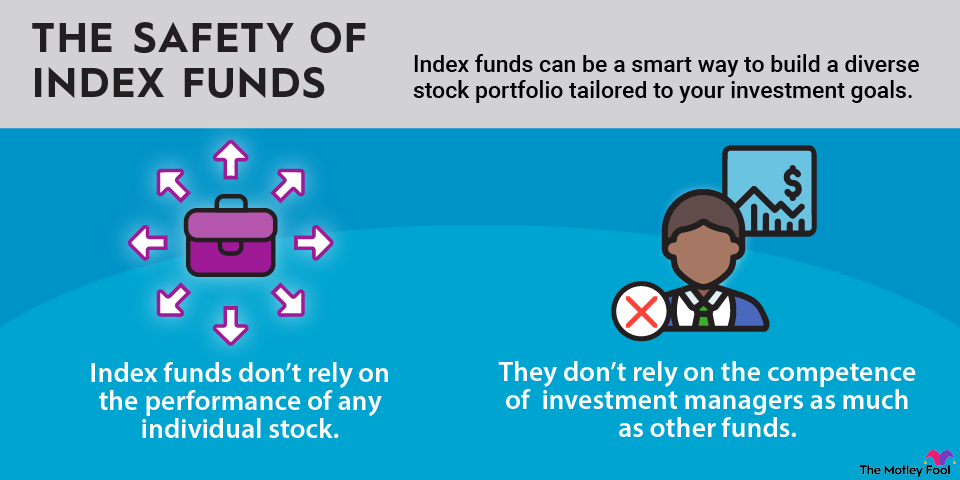
Russell 2000 by industry
Industry | Percentage of Index |
|---|---|
Industrials | 19.6% |
Financials | 18.7% |
Healthcare | 15.9% |
Consumer Discretionary | 11.5% |
Technology | 10.9% |
Real Estate | 6.4% |
Energy | 4.9% |
Basic Materials | 3.9% |
Utilities | 3.5% |
Consumer Staples | 3% |
Telecommunications | 1.8% |
Exchange-Traded Fund (ETF)
How to invest in the Russell 2000 index fund
If you want to invest in the Russell 2000 index, you don't need to buy all 2,000 stocks. You can invest in the index rather easily through a mutual fund or exchange-traded fund (ETF) designed to track it passively.
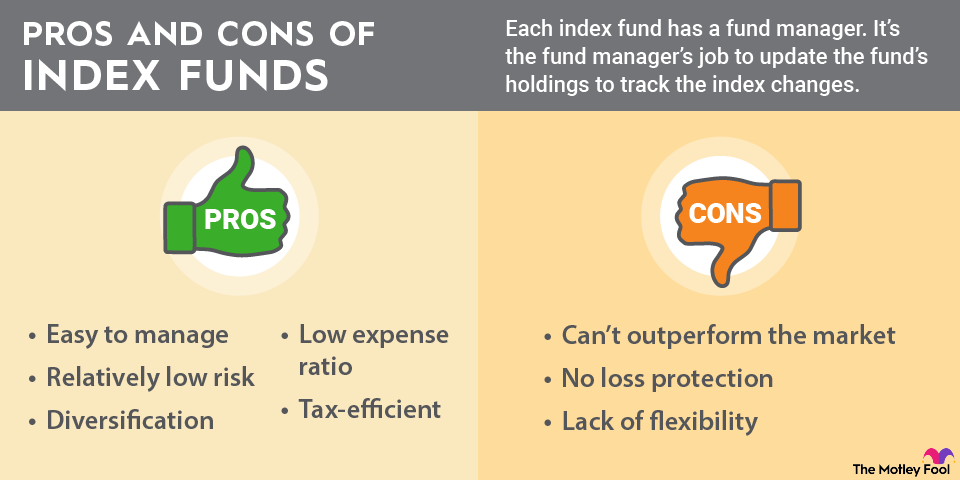
One good example is the Vanguard Russell 2000 ETF (VTWO +0.27%), which invests in all the stocks in the index according to their relative weights. With a small (0.10%) expense ratio, the ETF's fees are low, and its long-term performance should be virtually identical to the index.
Related investing topics
Is investing in the Russell 2000 index right for you?
Investing in the Russell 2000 is a great way to get exposure to the exciting world of small-cap investing without relying too heavily on the performance of any single company. The vast diversification of the index should help to smooth out the volatile nature of investing in smaller stocks while maintaining the potential for market-beating performance.


















